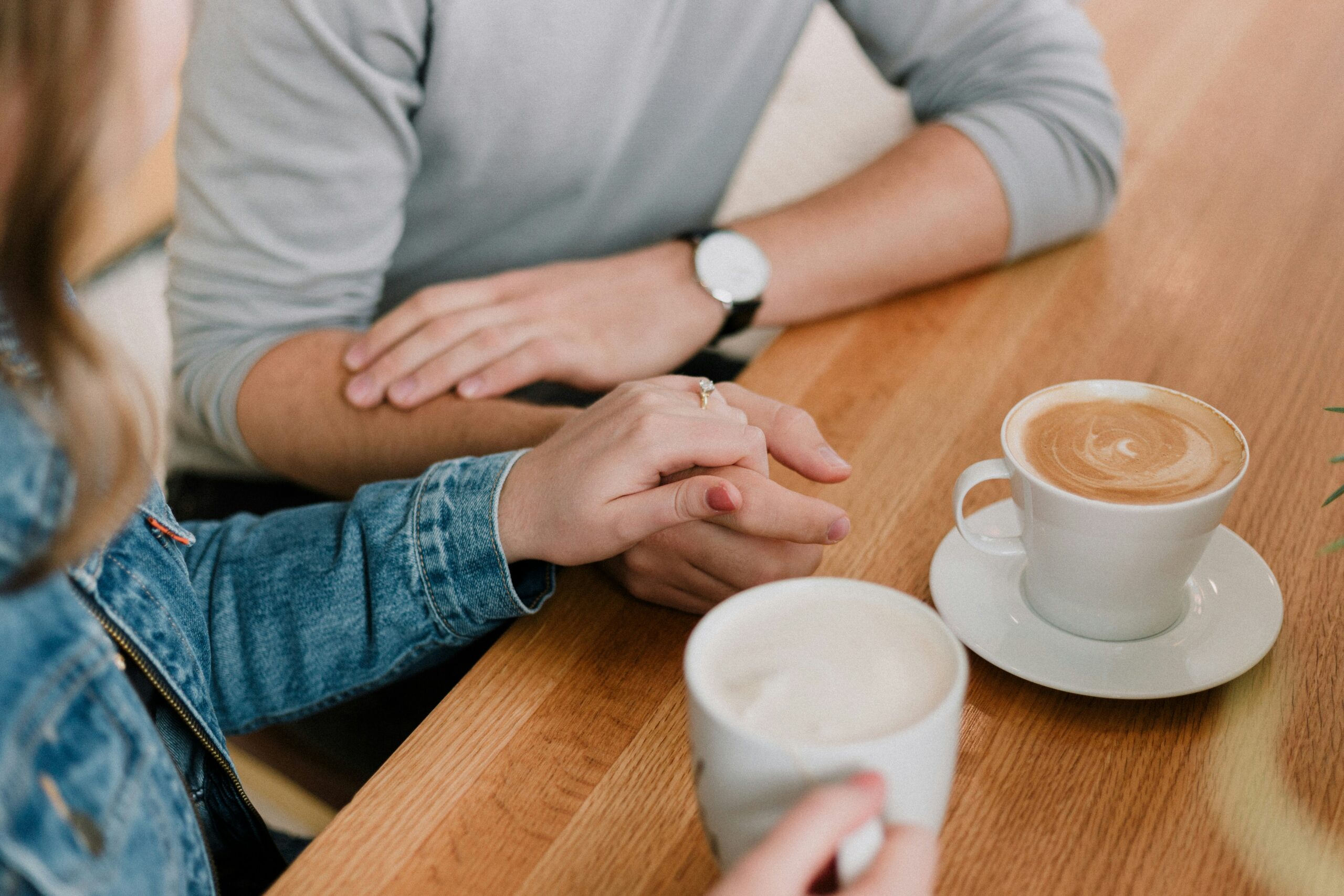
Relationships are the heart of life. But unfortunately, many of us have unhealthy relationship templates. In other words, we grew up in an environment or way that imprinted not so ideal relationship dynamics on our psyche. Through no fault of their own, most parents and caregivers ALSO grew up in this way, thus the cycle perpetuates through generations. That’s not to say that healing and transformation is not possible. Even in more extreme cases of abuse, trauma, or neglect, healthy, happy relationships can occur later on. But some level of healing is usually required in order to get there.
One of the most common issues is codependency, also called relationship addiction. It’s often the caring, bleeding hearts who struggle with this. If you don’t get these things straight, you may wind up feeling drained, resentful, or burned out. You may find yourself in unhealthy or even toxic relationships (personal or professional), wondering how the heck you got here with the best of intentions. Keep reading for a practical, effective guide on how to heal from codependent relationships. You can help yourself as well as friends and family members with this education.
We will first cover what codependency is, what causes it, the effects, and then get into how to break the cycle. This will give you a comprehensive understanding, for yourself and the people in your life.
There are many definitions of codependency, but one of the best is that you are taking care of others for the conscious or unconscious purpose of taking care of yourself. The underlying reason for your selfless or caring acts is not purely to give from your heart. It may appear that way, but you’re really doing it for the benefit you receive. This benefit is usually to allay your own anxiety or fear. It may also be to receive approval, validation, or love. As I mentioned, you may not realize this is what you’re doing. Many of us grew up in families where that dynamic was modeled and didn’t know any different.
One of the other hallmarks of codependency is one person or partner enabling or downplaying another’s hurtful, harmful, or addictive behavior – for the reasons I just stated. This pattern often affects other people in the family or community. The classic example is an alcoholic or narcissist who takes advantage of or abuses (physically, emotionally, or otherwise) another person or people, and the enabler puts up with it or makes excuses for them. This enabling behavior is usually done by the person with codependent tendencies.
Dysfunctional family dynamics and a lack of coping skills are at the root. If you grew up with a narcissistic parent or family member who manipulated you or it was all about them, becoming codependent is more likely. As children, our survival depends on our caregivers. We’re constantly perceiving their actions and words from that limited perspective and trying to make sense of it. When a caregiver is more of a taker than a giver, or simply cannot meet the child’s needs, they may learn to intensely monitor reactions and potential reactions as a way to try to stay safe. This pattern of over-focus on the “other” then carries forth into adulthood. It’s one of the main aspects of codependency and insecure attachment.
In other cases, a child may become a narcissist or taker themselves (instead of an empath or codependent). The brain is thought to not be fully developed until around age 25, and it is especially impressionable and vulnerable before age 8. What happens at these ages, especially childhood trauma, can create limiting beliefs and self esteem issues.
Here are some of the long-term effects associated with codependency:

Here are 5 ways to break the cycle and heal from codependency and unhealthy coping mechanisms.
Each human is a sovereign individual responsible for their own life. It’s not your job to take on others’ burdens or requests or problems, or enable them. In fact, it’s not wise or healthy to do so, and will hurt you in the long run.
Toxic people will, however, blame you, either directly or indirectly. This subtle or outright blame can keep you stuck or hooked into a relationship that is bad for you. Caring people are more likely to take on misplaced guilt and doubt themselves. These are all red flags.
If someone asks you to do something, whether outright or subtly with pressure, you can always say no. Codependent people may feel a huge amount of guilt or fear at the prospect of setting boundaries. Bravo for noticing! Don’t be hard on yourself, awareness is the first step.
As the adage goes, “no” is a complete sentence. Feeling a need to explain yourself or give a lot of excuses indicates this codependency pattern. Just breathe through it and say no anyway (if that’s what you feel is best). Having boundaries like this often brings up a reaction in the other person. It’s to be expected, because they want your help, or have come to expect it if you’ve always done so in the past. Not everyone will respect your boundaries, unfortunately. But this is good information for you to know. You need to learn to value yourself.
Get real about how you feel. If something upsets you or makes you uncomfortable, say so. You can do it with kindness. It isn’t a commentary on the other person, or on your loyalty. Also, when you’re not honest, other people can’t get to know the real you. You are hiding your true feelings and thoughts. This is exactly what people-pleasing is, and it’s quite common in kind, goodhearted people. Starting to be more honest can bring up a lot of anxiety, including fears of abandonment. However, other people ARE capable of respecting you, your feelings, and your boundaries.
One of the hardest and most important life lessons is learning that each of us is solely responsible for ourselves. Being there for others is a beautiful thing, and humans are meant to be interconnected. But there is a fine line between mutually supportive relationships and those that are codependent.
Empaths, sensitive souls, and helpers (either in the helping professions or personally) are more prone to codependent tendencies. That’s because we truly care and want to connect with other people in a real way. We care about others’ happiness and success. At the end of the day, though, you are not capable of changing another person. Accepting this can be a challenge.
Sometimes leaving a relationship is the greatest act of self love you could ever take. It can also be a huge gift to the other person, even if they never realize that. If you don’t feel safe (physically or emotionally), get out as soon as possible. If you’ve tried to make it work and the other person is not open to your feelings, thoughts, or boundaries, there’s a good chance this isn’t a good relationship for you. Ask yourself, does the idea of leaving this dynamic make me feel relieved? Sadness and anxiety are of course natural, even when leaving is the right choice.
Read my blog here about how to protect your energy for some more guidance on healthy self-care as a sensitive person. And finally, don’t hesitate to reach out to a mental health professional if you need additional support. Healing from codependency is, at the core, learning to love and value yourself first instead of loving and valuing others above yourself. This is the foundation of not only healthier, more stable relationships, but of a happier, more fulfilling life overall. Best of luck!
© Copyright Centered One by Erin, LLC. All rights reserved.
Photos by: